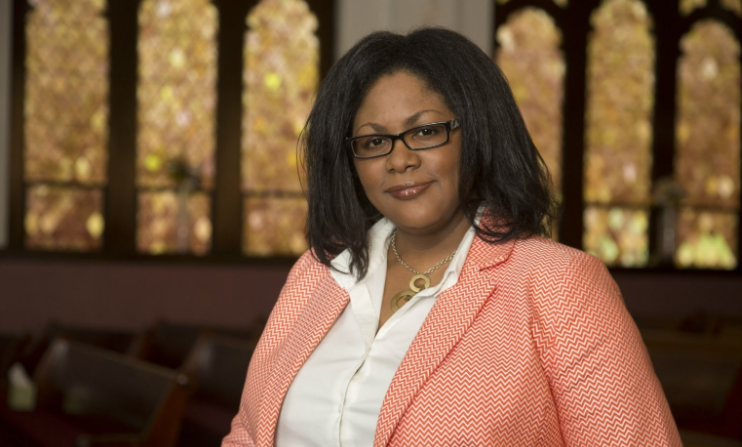The UMKC Health Equity Institute (HEI) is launching a mini-grant program this month to seed research collaborations focused on improving health in Kansas City’s underserved areas.
The HEI has between $12,000 and $15,000 to put toward this initiative, said Jannette Berkley-Patton, Ph.D., the director of the institute and a professor in the UMKC School of Medicine. The mini-grants, ranging from $1,000 to $2,000, will help fund eight to 10 research projects. Researchers interested in the program must complete a short application by Nov. 9.
“Kansas City is not unlike many other mid-size cities throughout the United States in that health [in]equity is real, especially when we look at communities of color,” said Berkley-Patton. “We’re hoping that this provides an opportunity for community members to be partners in the research from the very beginning.”
According to Berkley-Patton, her team has brought in about $11 million in research funding to UMKC.
“The idea behind the Health Equity Institute is to partner UMKC researchers with community groups, nonprofits and government agencies in underserved areas on projects that aim to address the social determinants of health and minimize health disparities,” said Agrawal.
While UMKC’s researchers contribute scientific knowledge to the issues, Berkley-Patton said community members provide important experiential knowledge.
“They know what the issues are. They know who the players are in the community, and they know what the solutions are,” said Berkley-Patton. “We’re hoping that this approach will allow some of those inequities to be addressed in new ways and in ways that, when designed together, can be sustainable over time.”
The first step in the application process is submitting the brief request form found on the HEI website. If selected to move to the next phase, the appointed researcher and their community partner must pitch their project Shark Tank style. Once a collaboration is approved, researchers and their community partners will stay engaged with the institute for continued learning on both ends.
“We want to be able to understand what they’re learning, because the end goal here is to expand to bigger and better research projects,” said Berkley-Patton.
This year’s participants will write a short research brief and help mentor the next round of grantees, which may include students. Since the mini-grant program is in it’s pilot year, only faculty affiliated with UMKC and their community partners can apply, but Berkley-Patton says the HEI is looking to reserve some of the next round of funding for student-led collaborations.
“If we can fund enough of these projects and get enough of a groundswell, the ultimate goal is that we can really begin to shift some of the health inequities in the Kansas City area,” said Berkley-Patton.
If students are interested in participating in the HEI’s research, they are encouraged to reach out to Dr. Berkley-Patton at berkleypattonj@umkc.edu
ljtmfm@mail.umkc.edu








